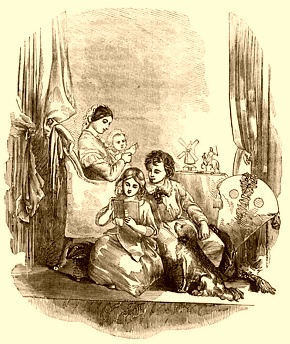
For many women in nineteenth-century US America, domesticity was as much a fact of everyday life as it was an ideal that guided, enabled, and constrained their behavior and identity. Concepts such as “the cult of domesticity” or “separate spheres” have become central to discussions about the history of women in the US. As more varied historical sources have become widely available – among others through databases of digitized archival material – the understanding of domesticity’s role and its relation to class, race, and sexuality have become more nuanced. This seminar will therefore begin by introducing students to central texts and concepts that have shaped scholarship in women’s history and American Studies from the 1960s onwards. In a second step, it will guide them in exploring relevant primary material from the era through work with databases. Students will thus learn to critically evaluate historical evidence, to trace the development and impact of gendered discourses, and to construct compelling arguments through informed analysis.
This seminar follows the principles of research-based learning. It combines the shared discussion of theoretical concepts with blocks of independent study. During these weeks, students delve into specific topics of interest within the broader framework of the course, as they explore primary material collected in the database Everyday Life & Women in America c.1800-1920. They will thus curate their individual collection of objects of study and contextualize them via relevant chapters from Amy G. Richter’s At Home in Nineteenth-Century America. Overall, this seminar thereby aims to
A) provide students with the ability to trace and critically reflect on the scholarly debate about domesticity as a defining feature of nineteenth-century private and public life
B) foster independence in research – from finding and selecting sources to the development of research questions.
- Dozent/in: Katrin Horn